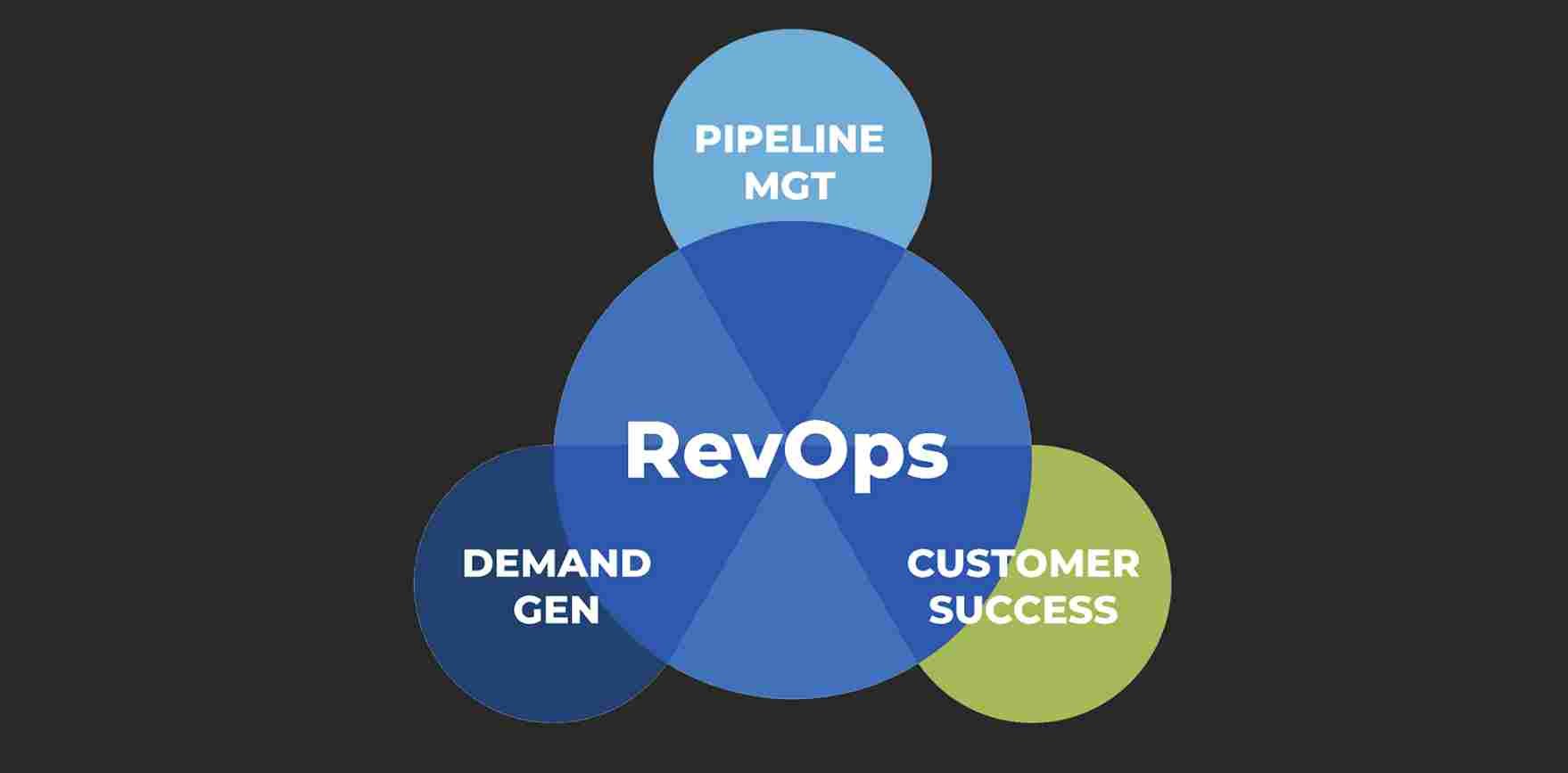How to Build a Successful Career as a Software Developer
Embarking on a career in software development can be both exhilarating and challenging. As technology evolves at an unprecedented pace, the path to becoming a successful software developer requires a blend of technical prowess, strategic planning, and continuous learning. To navigate this journey effectively, consider these software developer career tips to lay a strong foundation and foster career growth for developers.
1. Cultivate Core Technical Skills
A successful software development career hinges on a solid grasp of core technical skills. Mastering programming languages such as Python, Java, and JavaScript is essential. However, it’s not just about knowing syntax; it’s about understanding how to apply these languages to solve real-world problems.
- Focus on Algorithms and Data Structures: Proficiency in algorithms and data structures is fundamental for writing efficient code and tackling complex problems. Whether it’s optimizing search algorithms or implementing data storage solutions, these skills are crucial.
- Get Comfortable with Tools and Technologies: Familiarize yourself with integrated development environments (IDEs), version control systems like Git, and various software frameworks. These tools enhance productivity and streamline the development process.
2. Embrace Continuous Learning
The tech industry is ever-evolving, making continuous learning a cornerstone of a successful software development career. Stay abreast of emerging technologies and industry trends to remain competitive.
- Participate in Online Courses and Certifications: Platforms like Coursera, Udemy, and edX offer a plethora of courses on new technologies and programming languages. Earning certifications can bolster your resume and demonstrate your commitment to professional development.
- Attend Workshops and Conferences: Engage in workshops and conferences to network with industry peers and gain insights into the latest advancements in software development. Events like these provide valuable learning opportunities and help you stay current.
3. Build a Strong Portfolio
A well-crafted portfolio serves as a testament to your skills and accomplishments. It’s a vital component of building a developer career and showcasing your capabilities to potential employers.
- Develop Personal Projects: Create and maintain personal projects that demonstrate your technical abilities and problem-solving skills. These projects should reflect your interests and expertise while highlighting your creativity.
- Contribute to Open Source: Participating in open source projects exposes you to collaborative development and real-world problem-solving. It also enhances your visibility within the developer community and adds credibility to your portfolio.
4. Network and Seek Mentorship
Building a robust professional network can open doors to new opportunities and provide valuable insights into the industry. Networking and seeking mentorship are crucial for career growth for developers.
- Join Developer Communities: Engage with online forums, local meetups, and professional organizations to connect with other developers. These platforms offer support, share knowledge, and provide opportunities for collaboration.
- Find a Mentor: A mentor with experience in software development can offer guidance, share career advice, and help you navigate challenges. Look for mentors through networking events, professional associations, or industry groups.
5. Develop Soft Skills
While technical skills are essential, soft skills play a significant role in a successful career. Effective communication, teamwork, and problem-solving abilities are vital for navigating the workplace and collaborating with others.
- Enhance Communication Skills: Being able to articulate your ideas clearly and concisely is crucial for working with teams and presenting solutions to stakeholders. Practice writing and speaking skills to improve your ability to convey technical information.
- Foster Team Collaboration: Software development often involves working in teams. Developing the ability to collaborate effectively with others, manage conflicts, and contribute to a positive team dynamic is essential for career success.
6. Stay Adaptable and Open to Change
In the fast-paced world of technology, adaptability is key. The ability to embrace change and adjust to new challenges will set you apart in your software developer career.
- Be Open to Learning New Technologies: As new tools and technologies emerge, be willing to learn and adapt. Embracing new methodologies and languages can enhance your skill set and keep you relevant in the industry.
- Adapt to Evolving Project Requirements: Projects may shift in scope or direction, requiring flexibility and the ability to pivot quickly. Developing a mindset that embraces change will help you navigate uncertainties and contribute effectively to various projects.
7. Set Clear Career Goals
Establishing clear and achievable career goals provides direction and motivation throughout your career journey. Set both short-term and long-term goals to guide your professional development.
- Define Your Career Path: Determine where you want to be in the next few years and identify the skills and experiences needed to get there. Whether it’s advancing to a leadership role or specializing in a specific technology, having a clear path will help you stay focused.
- Regularly Review and Adjust Goals: Periodically review your goals and assess your progress. Adjust your objectives as needed based on your experiences, interests, and evolving industry trends.
Conclusion
Building a successful career as a software developer requires a blend of technical expertise, continuous learning, and strategic planning. By focusing on core skills, embracing new technologies, building a strong portfolio, and developing essential soft skills, you can navigate the dynamic world of software development with confidence. Remember, the journey to success is ongoing—stay adaptable, set clear goals, and continuously seek opportunities for growth to thrive in this ever-evolving field.





